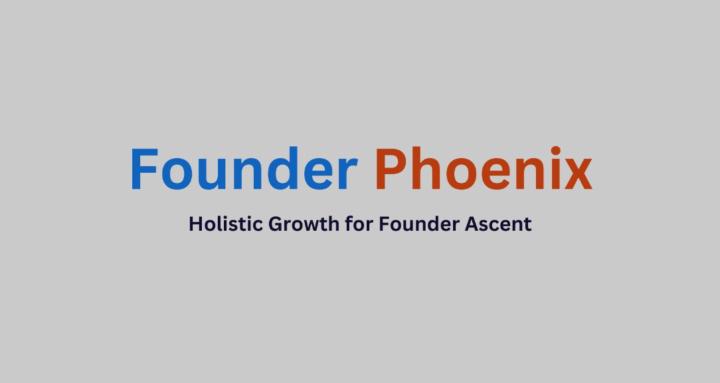Jun 23 • Optimize Flight
🚀 The AI Revolution is Here – And It's Time for Founders to Lead 🧠
Let's be honest: AI feels like it's everywhere these days. From your social media feeds to your favorite apps, artificial intelligence has quietly woven itself into our daily lives. But here's what caught my attention recently – new data from Gallup shows that AI use in the workplace has nearly doubled in just two years. As founders, this isn't just another tech trend we can watch from the sidelines. This is our chance to get ahead.
The Numbers Don't Lie 📈
The workplace transformation is happening faster than many of us expected. Today, 27% of US employees are using AI tools daily or several times a week. That's up from practically nothing just a couple of years ago. Overall, 40% of workers are now using AI at least occasionally – a jump of nearly 20% from last year alone.
What does this mean for us as founders? Simply put, we can't afford to ignore this shift. While our competitors are still figuring out their AI strategy, we have an opportunity to move first and move smart.
What People Are Actually Using AI For 🛠️
The research reveals four key areas where AI is making the biggest impact – and they align perfectly with what we do as founders every day:
- Making sense of information overload. Whether it's market research, customer feedback, or competitive analysis, AI helps cut through the noise to find what matters. Instead of spending hours reading reports, you can get the key insights in minutes.
- Sparking creativity and new ideas. Stuck on a product feature? Need fresh marketing angles? AI excels at brainstorming and helping you see problems from new perspectives. It's like having a creative partner available 24/7.
- Learning on demand. The business world moves fast, and we need to keep up. AI can help you quickly understand new industries, technologies, or market trends without diving into lengthy courses or research papers.
- Handling the routine stuff. Email drafts, basic reports, scheduling – AI can take care of these tasks so you can focus on strategy, vision, and the work that only you can do.
Sound familiar? These are exactly the kinds of challenges we face every day as founders.
Who's Leading the Charge 🧑💻
The early adopters are primarily white-collar workers in tech, professional services, and finance. These are knowledge workers who deal with content creation, data analysis, and process optimization – activities that happen to be AI's sweet spot.
As founders, we're natural fits for AI adoption. We're already comfortable with new technology, we're always looking for efficiency gains, and we wear multiple hats that could benefit from AI assistance. Whether you're writing investor updates, analyzing user data, or planning your next product launch, AI can help you work smarter.
The Leadership Gap (And Our Opportunity) 💡
Here's where it gets interesting. Despite all this AI adoption, most organizations are flying blind. Only 22% of employees say their company has communicated a clear AI strategy. Just 30% report having basic guidelines in place.
This represents a massive opportunity for founder-led companies. While larger organizations struggle with bureaucracy and change management, we can move quickly. We can experiment, learn, and implement AI tools with the agility that only small, founder-driven teams possess.
By taking the lead on AI integration now, we're not just improving our current operations – we're building the foundation for sustainable competitive advantage.
Where to Start 🌱
The key is to start small and build systematically. Pick one area where AI could help you today. Maybe it's using ChatGPT to brainstorm marketing ideas, or trying an AI writing tool for your investor updates. Test it, measure the results, and gradually expand your use.
The goal isn't to replace human judgment – it's to amplify your capabilities. AI works best when it handles the routine work, freeing you to focus on strategy, relationships, and the uniquely human aspects of leadership.
The Bottom Line 🏁
AI adoption in the workplace isn't slowing down – it's accelerating. As founders, we have a choice: we can wait and see what happens, or we can lean in and use this technology to build better, more efficient businesses.
The founders who figure out AI integration now will have a significant advantage over those who wait. They'll be faster, more informed, and better equipped to handle the challenges ahead.
The question isn't whether AI will transform how we work – it's whether you'll be leading that transformation or catching up to it.
What's your experience with AI so far? Are you already using these tools in your business, or are you still exploring your options? The conversation is just getting started, and there's never been a better time to jump in.
1
0 comments

skool.com/founder-phoenix
Your ecosystem for holistic growth. Master teams, tech, well-being, and strategy to rise and thrive in your founder journey.
Powered by
